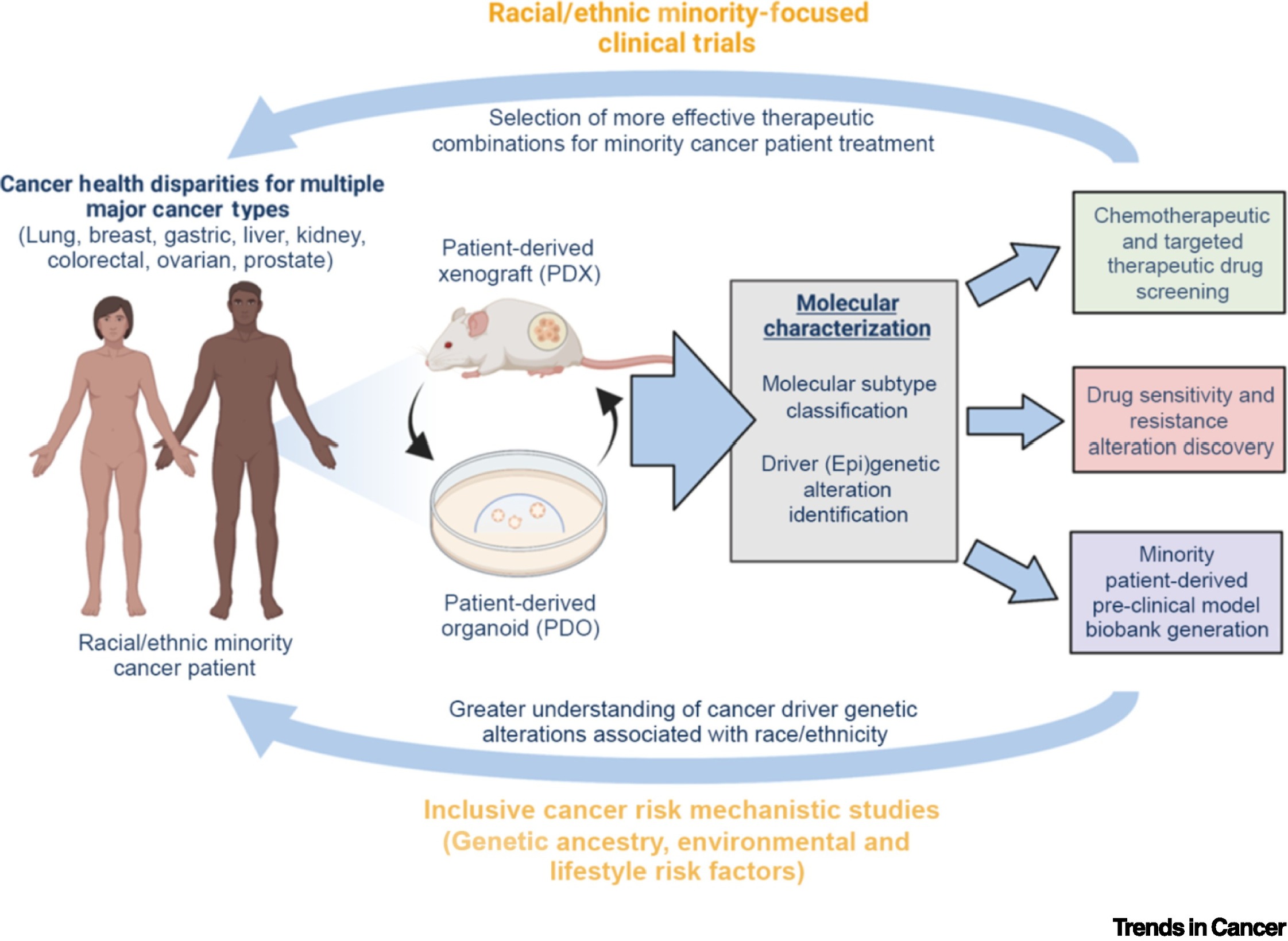The Lancet Global Health, Volume 10, January 2022
Latin America has been particularly hard hit by the COVID-19 syndemic, including the associated economic fallout that has threatened the livelihoods of most families. Social protection platforms and policies should have a crucial role in safeguarding individual and family wellbeing; however, the response has been insufficient to address the scale of the crisis.
The Lancet Regional Health - Western Pacific, Volume 18, January 2022
Background: Menstrual health is essential for gender equality and achieving the sustainable development goals. Though currently lacking, understanding and addressing menstrual health and social related inequalities requires comparison of experiences between menstruators with and without disabilities. Methods: We completed a mixed-methods population-based study of water, sanitation and hygiene, disability and menstrual health in TORBA and SANMA Provinces, Vanuatu.
EClinicalMedicine, Volume 43, January 2022
Current biology : CB, Volume 32, 10 January 2022
The Lancet Digital Health, Volume 4, January 2022
LWT, Volume 154, 15 January 2022
Proteins serve as an imperative macronutrient in human nutrition and well-being. Their nutritional quality substantially varies with their digestibility, amino acid profile, bioavailability, processing and purity. From a nutritional viewpoint, the ideal integration of proteins from diverse plant sources can supply an adequate amount of essential amino acids to fulfil human health needs. The use of plant-derived proteins has recently gained momentum due to their multifaceted edible and nonedible applications and their biodegradable nature.
LWT, Volume 154, 15 January 2022
Fruits and vegetables are responsible for about 22% of food losses and wastes along the supply chain (not including the retail level). However, fruit and vegetable by-products (FVB) may be transformed into fibre-rich flours and bioactive compounds, mainly bound to the fibre, thus bringing value to the food industry due to health benefits and technological functionality. Therefore, these by-products have great potential to be applied in several food industries.

